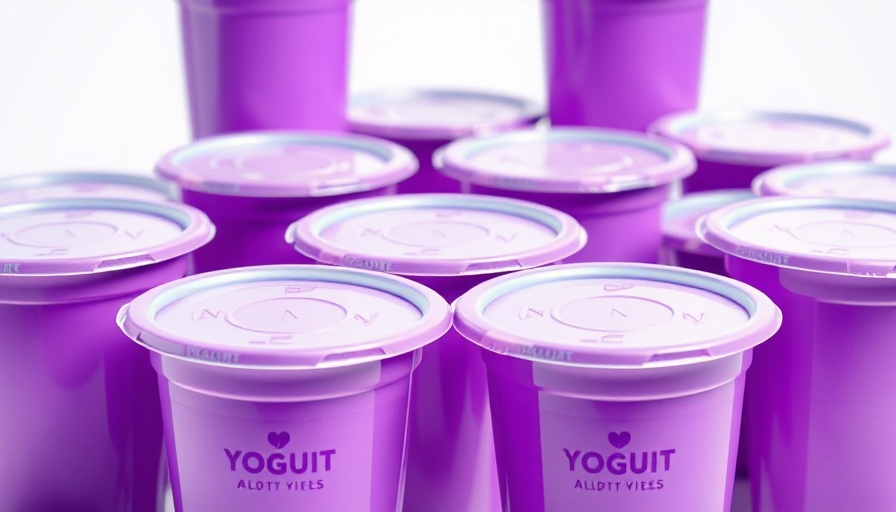
Understanding What Can't Be Recycled: Why It Matters
As we strive to live sustainably, many of us are diligent about recycling. However, the recycling process isn’t as straightforward as it seems; certain items can end up causing more harm than good. From plastic bags to pizza boxes, knowing what can and can't be recycled is crucial for maintaining the integrity of the recycling systems and making a genuine impact on our environment.
The Hidden Costs of Contamination
When non-recyclable items get mixed in with recyclables, they can contaminate entire batches of materials, forcing them to be discarded. This is often referred to as wishcycling, where well-intentioned efforts to recycle items lead to mishaps. Understanding this concept is vital in ensuring that our recycling endeavors do not backfire. For instance, a simple coffee cup with a plastic lining cannot be recycled in most municipal systems. Learning about such nuances can empower us to manage our waste better.
Innovative Alternatives to Non-Recyclable Items
One effective way to mitigate the impact of non-recyclable items is by opting for reusable alternatives. For instance, consider replacing plastic straws with stainless steel ones or disposable razors with safety razors. By making such switches, we can significantly reduce the amount of waste that ends up in landfills. Reusable items not only save money in the long run but also foster a more sustainable lifestyle.
Local Context Matters: What's Accepted in Your Area?
Recycling regulations can vary significantly depending on your locality. Some areas might accept certain items while others do not. Engaging with local recycling programs can provide clarity on what is acceptable. Resources like the Muncie Sanitary District emphasize the importance of local information on recycling practices, stressing the need to adapt our habits to fit community standards.
Going Beyond Recycling: Sustainable Choices
Adopting sustainability goes beyond recycling; it encompasses reducing and reusing. For instance, switching to cloth towels instead of paper towels can drastically cut down waste. As more communities endeavor to educate and implement effective waste management strategies, individual action remains essential. Start with small changes in your daily habits, and soon they can lead to significant environmental benefits.
 Add Row
Add Row  Add
Add 



 Add Row
Add Row  Add
Add 

Write A Comment